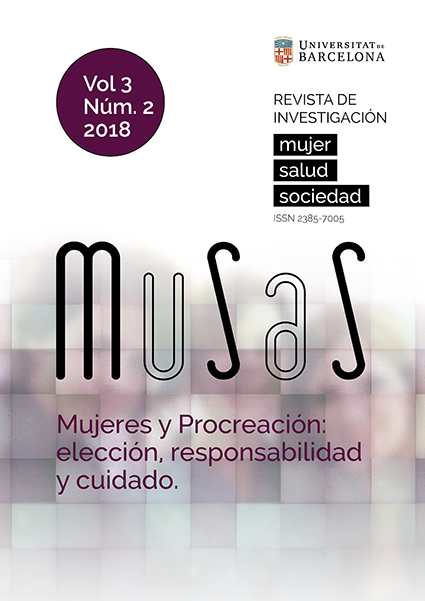A Training Program in Community Hospitals for the Strengthening of Maternities Closer to the Family
DOI:
https://doi.org/10.1344/musas2018.vol3.num2.2Keywords:
Maternity, Family Practice, Health ServicesAbstract
Introduction
Given the necessity to improve the knowledge and technical skills in gynecology and obstetrics of the health teams of the Family Health Community Hospitals (FHCH) in the Chilean Health Service, a training program was implemented to provide quality and safe care to the newborn, the mother and her family,
Objectives
To develop a training program called Teaching Pavilion, to improve the knowledge and technical skills of medical teams in the field of gynecology and obstetrics, ultrasound, and anesthesia of all FHCH, and thereby contribute to the strengthening of those maternity units that are close to the family and the community.
Methods
The program consisted in the development of the following training activities: Internship, Case Study, Ultrasound Practice, Surgical Practice and Anesthesia Practice in an itinerant way in the five FHCH of the region.
Results
The implementation of the program allowed for the training in gynecology and obstetrics of 100% of the FHCH medical teams in 2008, improving knowledge and technical skills by decreasing obstetric referrals and developing a better care network.
Conclusions
The successful experience we present in this article may be useful to other health services that wish to strengthen their maternities through the implementation of teaching pavilions that provide a higher quality and safe care to the users of public healthcare networks.
Downloads
Published
Issue
Section
License
Authors publishing in this journal agree with the following terms:
- Authors hold the copyright, but MUSAS holds the right of first publication.
- Manuscripts will be disseminated with the Creative Commons CC BY-NC license, which allows sharing it with third parties as long as they recognize the authorship, the first publication right held by MUSAS and the license’s conditions






